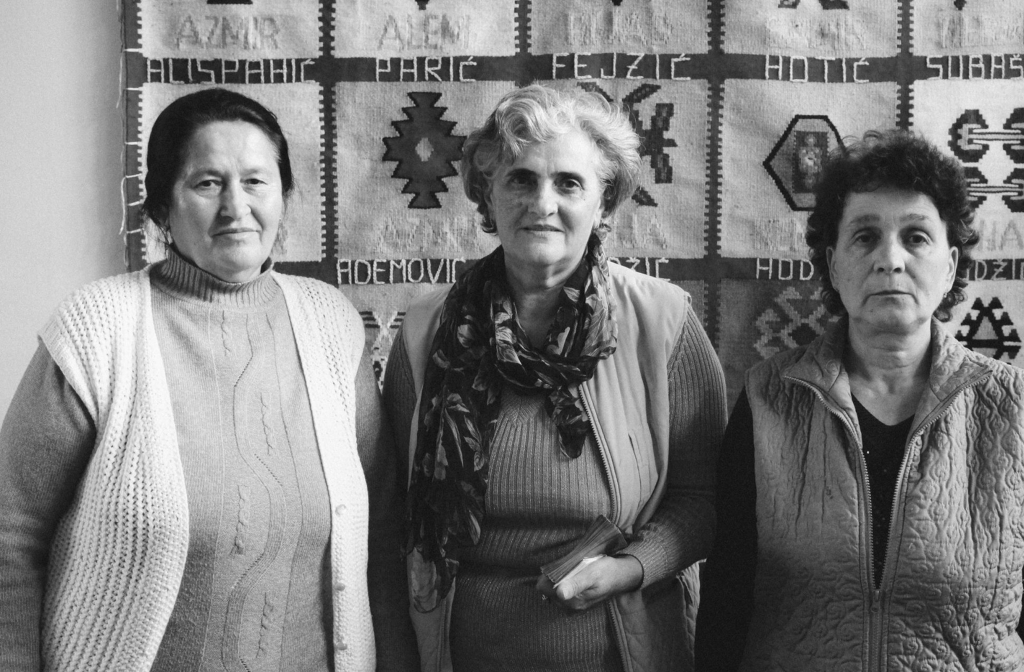
“I could never foresee something this horrible happening in Srebrenica. I was living peacefully alongside my neighbors until someone was granted the right to take everything from me.” – Zumra Sehomerović, Mothers of Srebrenica – By Chloé Gaillard and Marion Pineau.
In July of this year, Bosnia-Herzegovina will commemorate the 20th anniversary of the Srebrenica genocide. The Balkan Diskurs team had a unique chance to talk to Zumra Sehomerović, member of the Mothers of Srebrenica association. She agreed to share with us her sad, yet inspiring life story about her 20-year-long battle for truth, justice and ending impunity against the perpetrators of genocide.
“The toughest times are behind me, but it still hurts and it always will. I don’t have the words to express my pain,” says Zumra who lost her husband, brothers and many close family members in the 1995 genocide. Originally from Srebrenica, the tragically notorious city located in the eastern part of Bosnia, she now lives and works in Sarajevo.
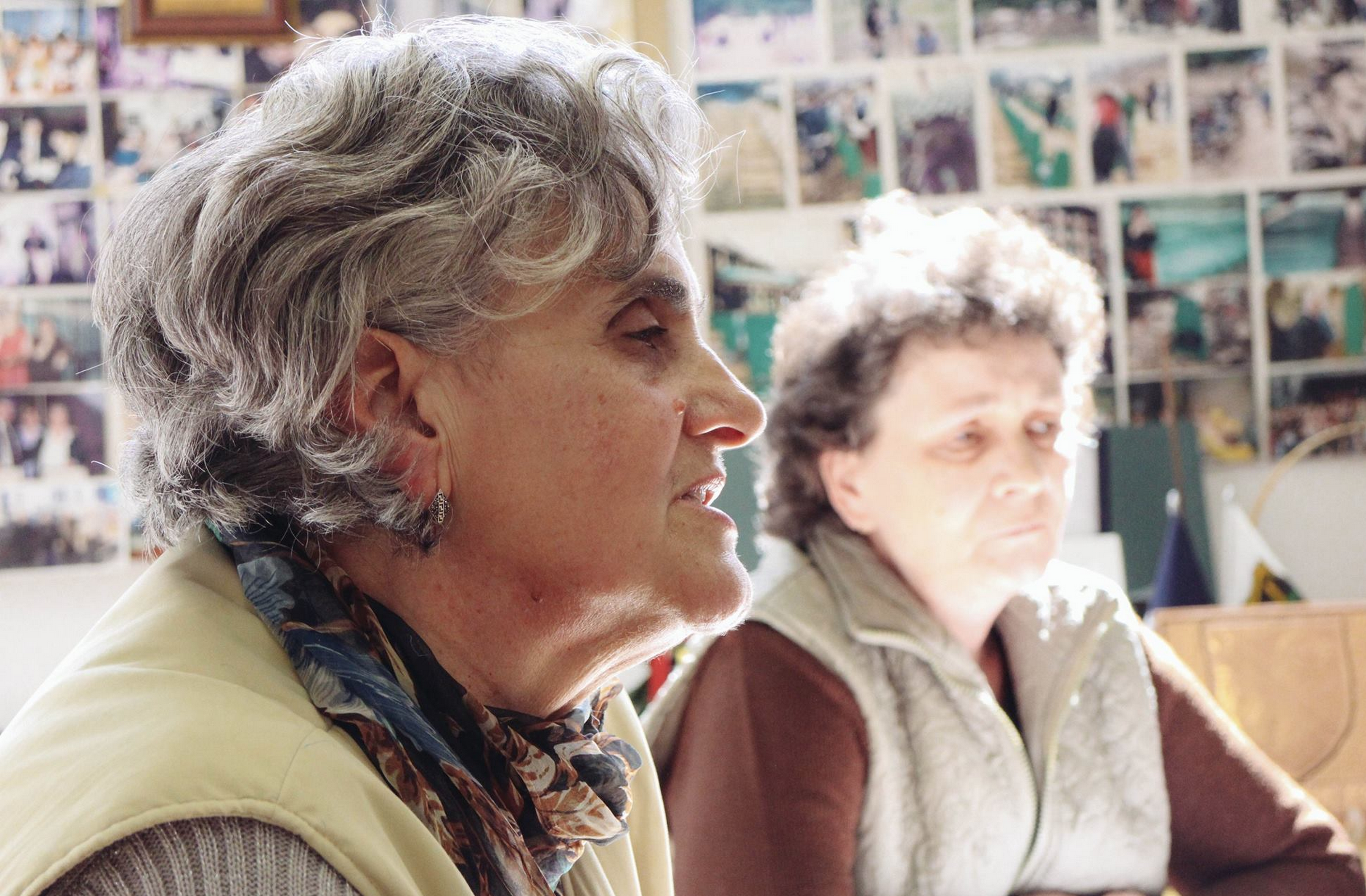
“Life was good before the war. We had dreams,” recalls Zumra.
In 1993 through its Resolution 819 (1993), the United Nations (UN) Security Council established a safe zone in Srebrenica. However, in July 1995, General Ratko Mladić and his army overran and captured the town without any intervention from the peacekeepers, resulting in the deaths of more than 8,000 Muslim men and boys.
“We have been sold out by the UN,” declares Zumra in cold anger.
After regaining her composure, she explained to Balkan Diskurs how, in 2007, the Mothers of Srebrenica filed a civil action before the District Court of The Hague to demand compensation from the UN and the Kingdom of the Netherlands by alleging that both are responsible for the failure to prevent the genocide in Srebrenica. After years of legal battles, the Supreme Court maintained the decisions of the District Court and the Court of Appeal of The Hague, confirming that the UN enjoys immunity from prosecution; a decision upheld in June 2013 by the European Court of Human Rights.
Even though, in July 2014, The Netherlands was ruled accountable for the deaths of over 300 Bosniak men and boys, Zumra still hopes that the case will be reopened and that the UN will also be held responsible.
“Unfortunately, I will no longer be here to see this happen,” says Zumra.
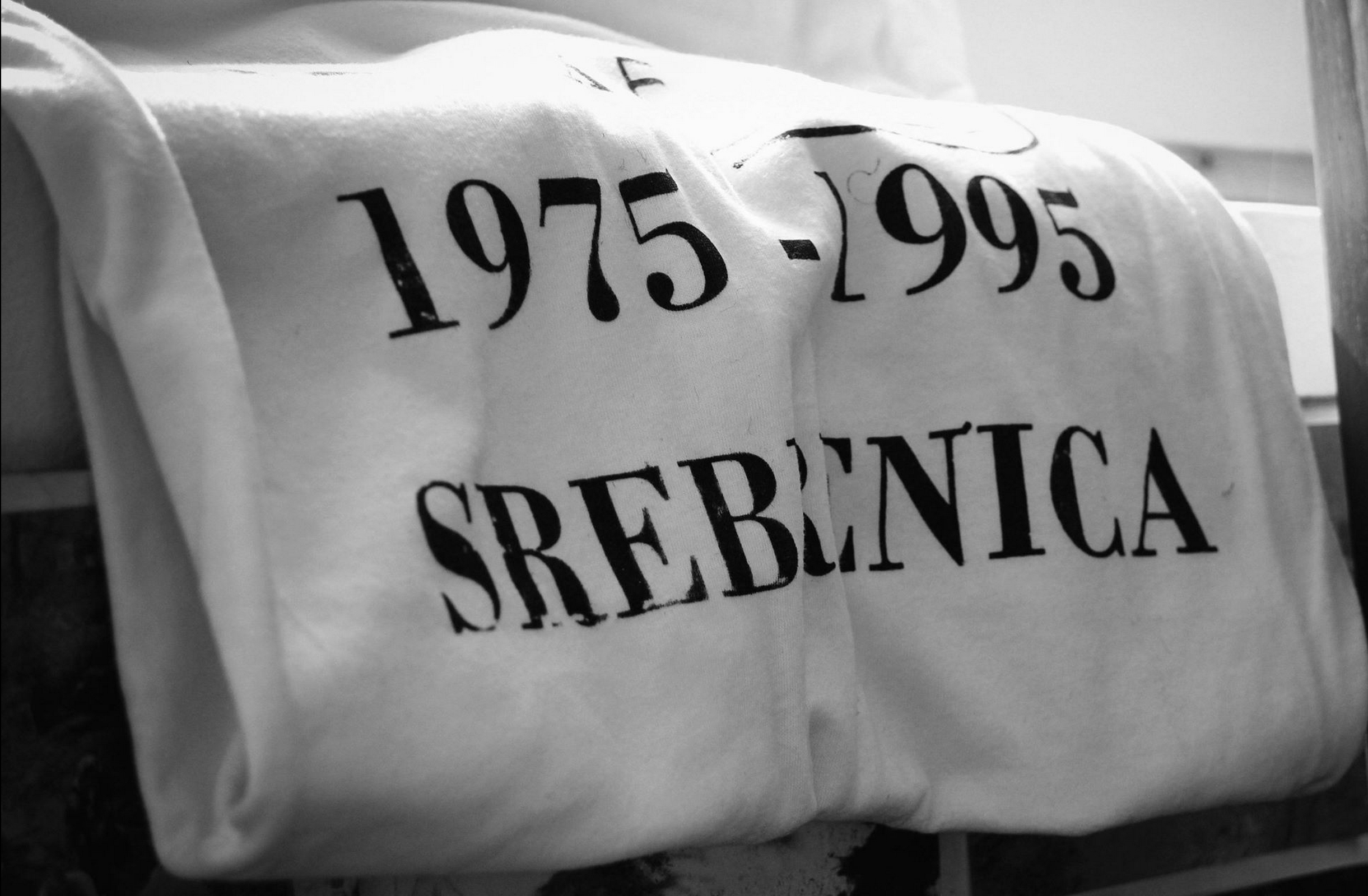
The Fight for a Genocide Memorial in Srebrenica
Despite the difficulties, the Mothers of Srebrenica won its fight to establish a memorial for Srebrenica in Potočari. Founded in May 2001 as a nonprofit organization, the Srebrenica-Potočari Memorial Center and Cemetery is dedicated to the 8,372 civilians murdered from 11-16 July 1995. This number represents the victims officially recognized by the Special Commission for Srebrenica established by the government of Republika Srpska in June 2014. The Mothers of Srebrenica association estimates that more than 10,000 civilians were murdered during the genocide.
The cemetery was not yet officially dedicated to the victims of Srebrenica when the first 600 burials took place on the 31 March 2003. On 20 September 2003, former United States President Bill Clinton formally opened the memorial to the public. Since that time, thousands of people gather on 11 July each year to bury what remains of their recovered loved ones. Although the majority of the victims were male Bosnian Muslims and Croats, burials include all religions and both sexes.
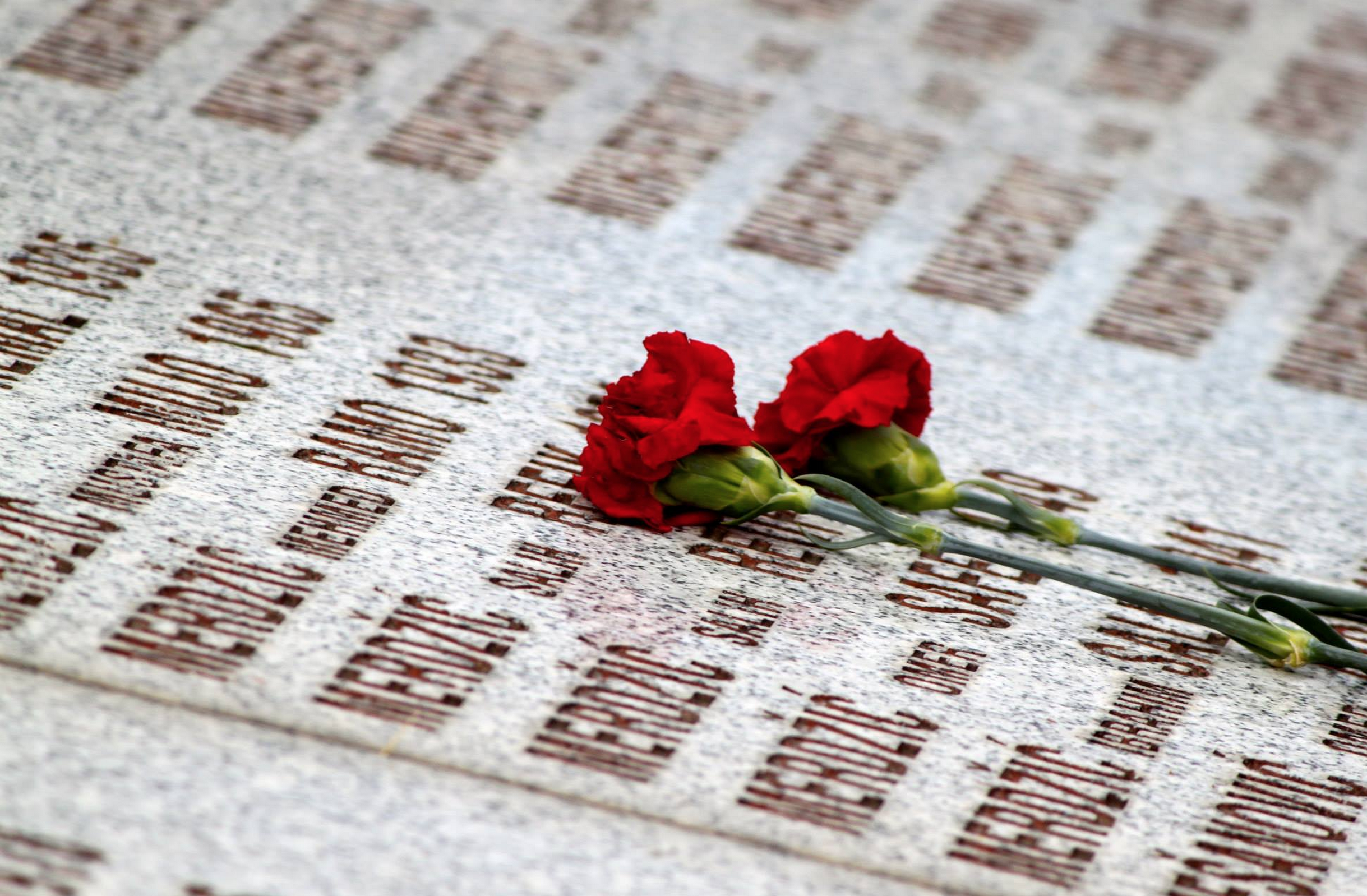
An Unfinished Process of Seeking Missing Family Members
“Twenty years on, families are still waiting for their missing loved ones to be identified. Unfortunately, finding and identifying all victims will probably not be possible,” explained Muhamed Duraković, head of mission of the International Commission on Missing Persons (ICMP) in Libya and Srebrenica survivor.
Thanks to DNA profiling, the ICMP has uncovered the identity of 6,838 persons. However, the process of identification remains extremely complicated. Many bodies were dismembered when Karadzić’s troops tried to hide their crimes by reopening mass graves to rebury bodies in secondary and tertiary graves.
He explained to Balkan Diskurs how, by using heavy machinery and transporting a mixture of dirt and body parts via trucks, the Army of Republika Srpska destroyed the integrity of the victims’ bodies.
“Moreover, many will never be found and some victims won’t be identified, as there are no more family members to provide DNA samples.”
Nevertheless, as of July 2013, 6,838 victims have been identified through DNA analysis, and 6,066 have been buried.
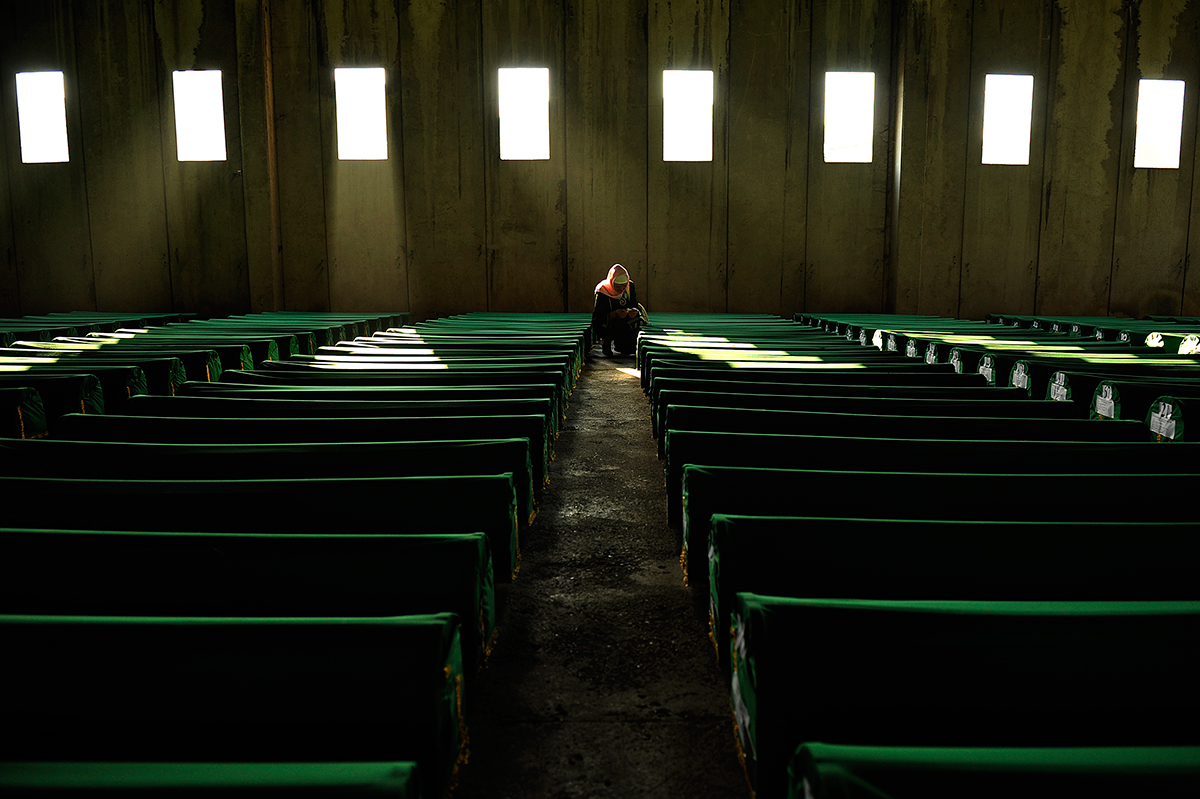
The Right to Return
The Mothers of Srebrenica association also encourages and helps survivors to return to Srebrenica, but this is also an extremely difficult task. “There is no coexistence, tolerance, or harmony between the different ethnic groups. There is high level of denial. Many Serbs in the Republika Srpska are proud of what Karadzić and Mladić’s army did in Srebrenica, and they are often celebrated as heroes,” says Zumra.
According to the Mothers of Srebrenica, much remains to be done in order to achieve their goals of finding and identifying victims, bringing justice to survivors and reclaiming a city that was once their home. Their mission is of crucial importance for the country’s future, as recognition of the Srebrenica genocide, by all actors involved, would be a monumental step towards reconciliation.






